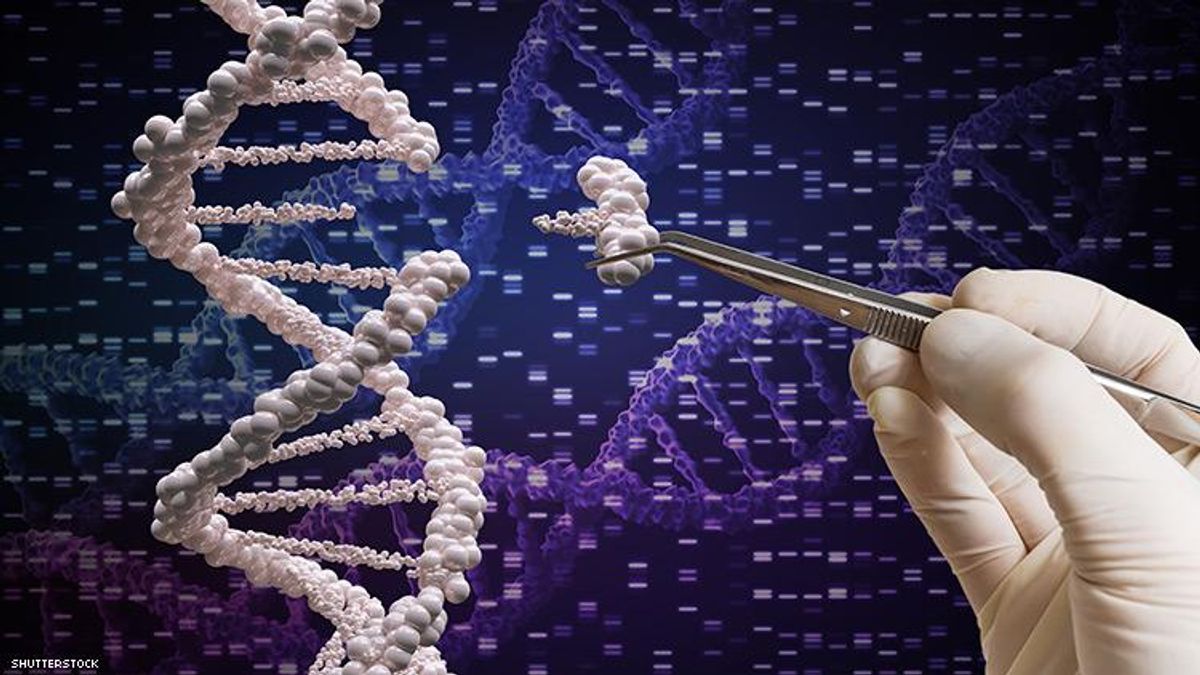Research & Breakthroughs
CRISPR Creates HIV Resistant Babies In China

The gene editing technique is highly controversial, but could it be worth it?
November 27 2018 4:50 AM EST
By continuing to use our site, you agree to our Privacy Policy and Terms of Use.

The gene editing technique is highly controversial, but could it be worth it?
Scientists in China have used the gene editing tool CRISPR on a set of female twins that will make them resistant to HIV, reports MIT Technology Review.
Researcher He Jiankui of Shenzhen explained to the Assoicated Press that he "altered embryos for seven couples during fertility treatments, with one pregnancy resulting thus far. He said his goal was not to cure or prevent an inherited disease, but to try to bestow a trait that few people naturally have — an ability to resist possible future infection with HIV, the AIDS virus."
As we reported last year, CRISPR stands for "centered regularly interspaced short palindromic repeat," and is a part of the bacterial immune system that allows bacteria to remember viruses that have previously attacked them. In the past, scientists used CRISPR to target and remove the viral genes, sort of cut-and-pasting their way to healthy DNA.
There has been no independent confirmation of Jiankui's claim, and it has not been published in a journal, where it would be vetted by other experts. Still, he revealed the news Monday in Hong Kong prior to the commencement of an international conference on gene editing that is set to begin Tuesday.
“I feel a strong responsibility that it’s not just to make a first, but also make it an example,” He told the AP. “Society will decide what to do next” in terms of allowing or forbidding such science.